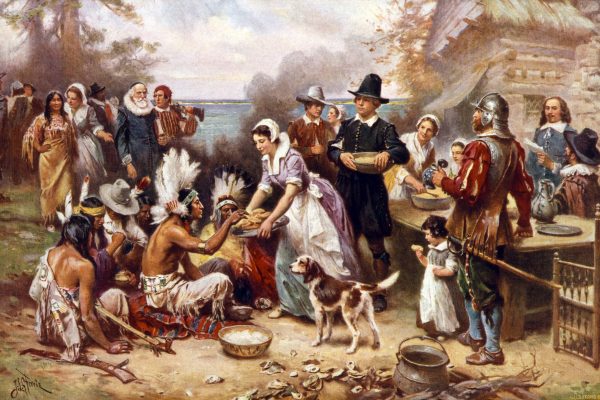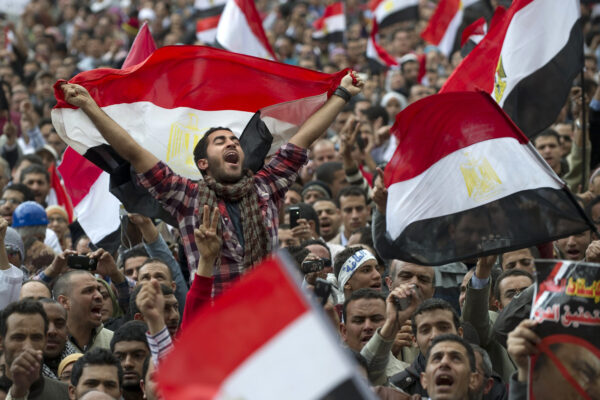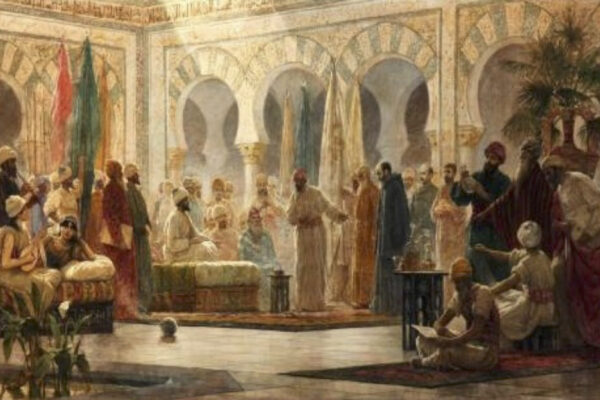It has been 105 years since Russian Tsar Nicholas II and his family were killed during the Bolshevik Revolution – but what can we learn about history and the downfall of rulers based on the teachings of Imam Ali?
It has been 105 years since Russian Tsar Nicholas II and his family were killed during the Bolshevik Revolution – but what can we learn about history and the downfall of rulers based on the teachings of Imam Ali?
This year, December 25, will mark the 32nd anniversary of the fall of the once-powerful Soviet Union.
The Soviet Union has always piqued my interest but what has piqued my interest even more is the story of the once-powerful Tsar of Russia, Nicholas II, whose demise led to the formation of the Soviet Union. It amazes me how the 300-year autocracy rule of the Russian emperors came to such an abrupt end at the hands of its own people.
To give my readers a bit of a briefing, Tsar Nicholas II was the last tsar of Russia, who was executed with his family by the Bolsheviks in Yekaterinburg in July 1918. During the Tsar’s reign, murder and torture were rampant by the secret police called “the Okhrana”, freedom of speech meant suppression, oppositional politicians were assassinated, and poor living conditions lead to hunger and poor working condition caused rural disorders.
To put it short, if there was God in the sky then there was the Tsar on land.
Nicholas, so convinced that he was chosen by God, failed to hear the plight of his people outside his enchanting palace gates. Who had bread? Who had shelter? It didn’t matter to him, as long as his family had their lives and their elegant parties.
Failing to rule as a ruler, the Russian Imperial dynasty finally came to an end in July 1918 with the assassination of the Tsar and his family in a small basement in Yekaterinburg by the Bolsheviks.
But what connection might there be to understanding the demise of the last tsar of Russia with our own Islamic history?
During the battle of Sifin, Imam Ali (AS) delivered a sermon (number 216 in the Nahj) about the reciprocal rights of the ruler and the ruled. Below are some excerpts from the sermon:
“So now, Allah, the Glorified, has, by placing me over your affairs, created my right over you, and you too have a right over me like mine over you.
If the ruled fulfill the rights of the ruler and the ruler fulfills their rights, then right attains the position of honor among them, the ways of religion become established, signs of justice become fixed and the sunnah gains currency.
But if the ruled gain sway over the ruler, or the ruler oppresses the ruled, then difference crops up in every word, signs of oppression appear, mischief enters religion and the ways of the sunnah are forsaken.”
The above excerpts from the sermon show Imam Ali (AS)’s stance on reciprocal rights between a ruler and the ruled to uphold justice in a society. They inform us how a breach of trust from the ruler towards the ruled and vice versa is the bane of a functioning society’s existence.
The fall of the Russian Imperial dynasty and the rise of the Soviet Union is one of the prime examples of what happens to a society when there is an exploitation of mutual rights between the ruled and the ruler of that society.
In his book, “Selection from Glimpses of the Nahj Al-Balaghah”, under the section “Government and Justice” and sub-section “The Importance of Politics”, Murtadha Mutahhari analyses the role of government and justice as mentioned in the 216th sermon in Nahj Al-Balaghah by Imam Ali (AS). Mutahhari states:
“But the most important of the reciprocal rights that God has made obligatory is the right of the ruler over the subjects and the rights of the subjects over the ruler. It is a mutual and reciprocal obligation decreed by God for them.
“If the subjects fulfill their duties toward the ruler and the ruler his duty to them, then righteousness prevails amongst them.”
For a society to function just, there needs to be a balance of power. This balance of power is made possible by understanding and upholding the rights that a ruler has over the ruled and the ruled has over the ruler. A violation of rights from one party will cause oppression for the other party and thus starts the downfall of society.
Under the section, “Government and Justice” and sub-section “The Rights of the People”, Mutahhari analyses how it is not enough to limit human rights to only food, shelter, and clothing as humans have the right to their psychological and spiritual needs as well.
Mutahhari also mentions that if a ruler guards his subjects’ rights only by limiting food, shelter, and clothing then such an action is no different than a master taking care of his beast. However, if the ruler recognizes and defends the authentic rights (which include psychological and spiritual rights along with rights to food, shelter, and clothing) of his subjects, only then can he gain their trust and confidence.
“Indeed, We sent Our messengers with the clear signs, and We sent down with them the Book and the Balance so that men might uphold justice …” (57:25)
Justice is defined as, “Just treatment of all members of society with regard to a specified public issue, including equitable distribution of resources and participation in decision-making”.
The Quran verse above emphasizes the importance of the establishment of justice as the main objective of all of God’s messengers in Islam. This justice is only brought when there is understanding and defending of the mutual rights between a ruler and the ruled. Any exploitation of one will result in the downfall of another, hence the downfall of the society.
Such is why the 300 years of Imperial Russia came to such a drastic end…





